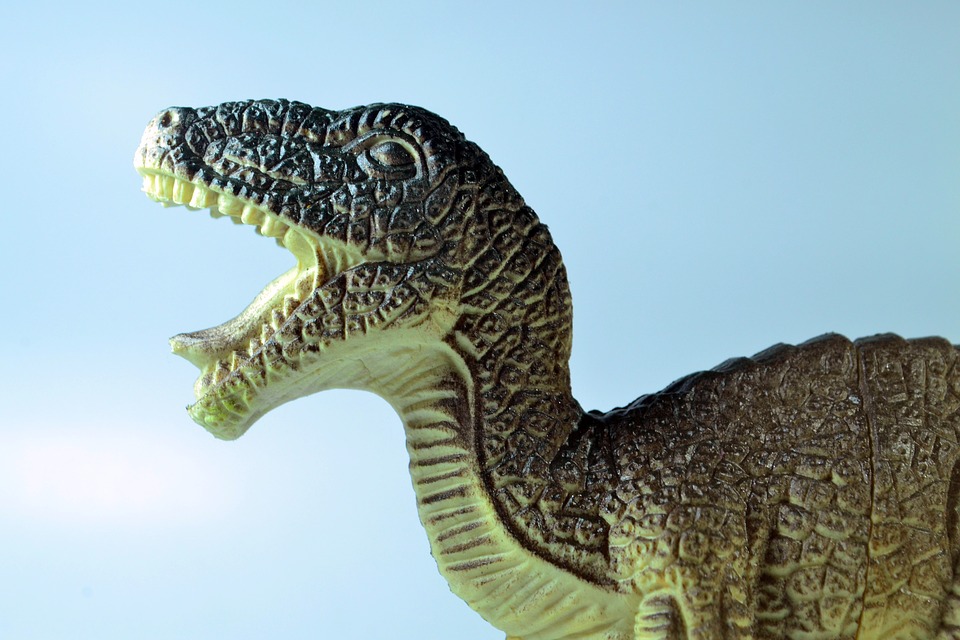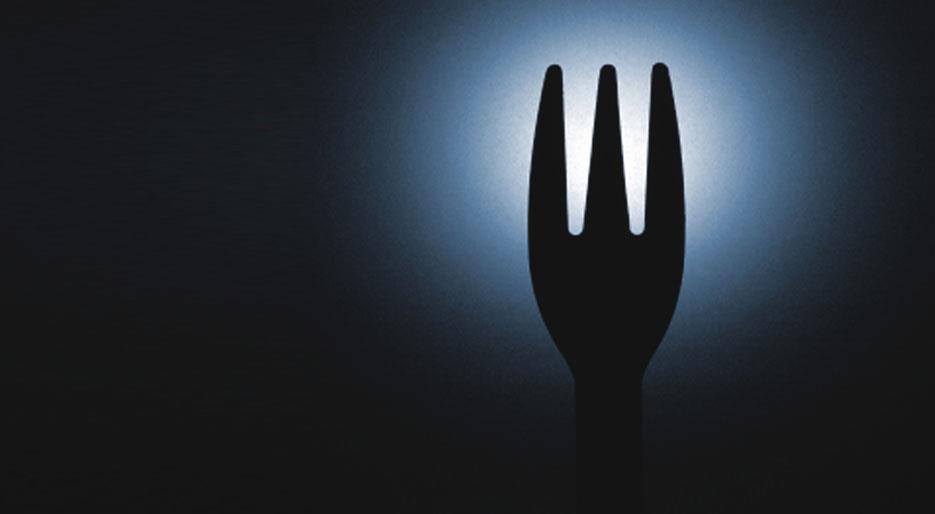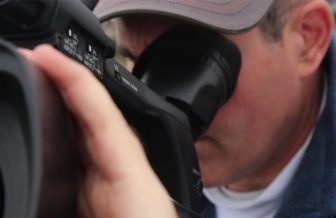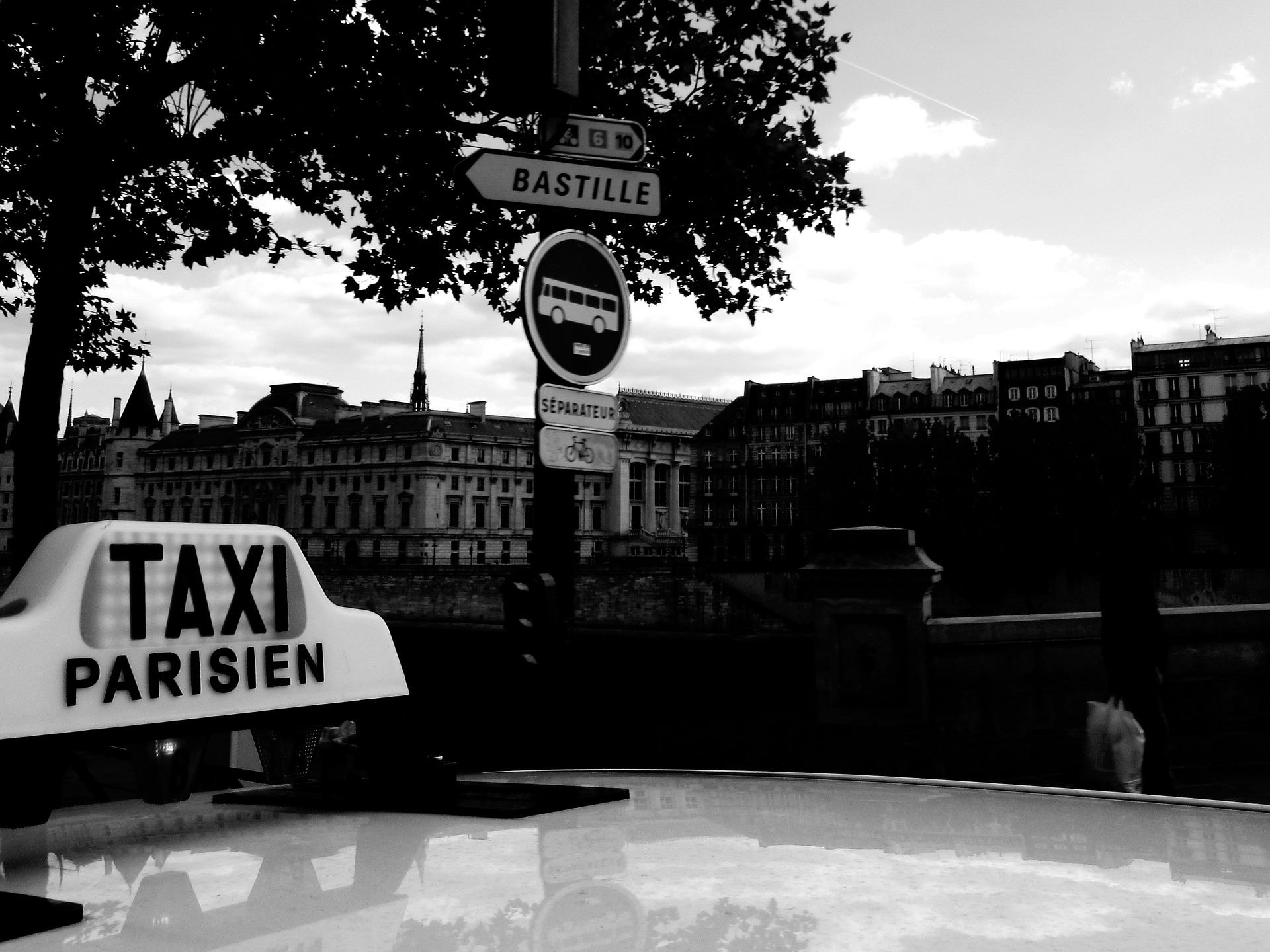LightHouse Interpoint the regular literary supplement from the LightHouse for the Blind and Visually Impaired. Read all of the previous installments here, and if you’re a blind or visually impaired writer, feel free to pitch us.

“Draw with me,” my five-year-old son Langston insisted. He picked up a coloring book and dumped out a box of crayons. They skittered across the table, and one jumped to the floor.
I stooped, picked up the crayon from the floor and handed it back to him.
“No,” I told him as gently as I could, “you can draw by yourself.”
I couldn’t tell him the complicated truth: a confession of just how unprepared I was to draw with him. He knows his color now, so I hadn’t labeled the crayons in braille. More importantly I can’t draw.
This was something I thought he knew. Whenever we were out in public with sighted friends, waiting in diners with menus and crayons, he always asked them to draw with him, not me. Now he was issuing a challenge:
“But I want you to draw with me!” he wailed.
My shame deepend as my voice became firmer. “No,” I said with the questionable authority which came both from my position as a parent and the fear which drawing would uncover. the fear that he would see me at my very weakest, “You can do it,” I said.
He burst into tears. No drawing happened that day.
***
It was Friday afternoon, I was in third grade, and it was once again time for art class. The art room reverberated with a hum of activity, The tile floors, metal chairs, high ceilings and noisy classmates made it feel both vast and crowded. Continue reading Dinosaur: On Drawing While Blind




